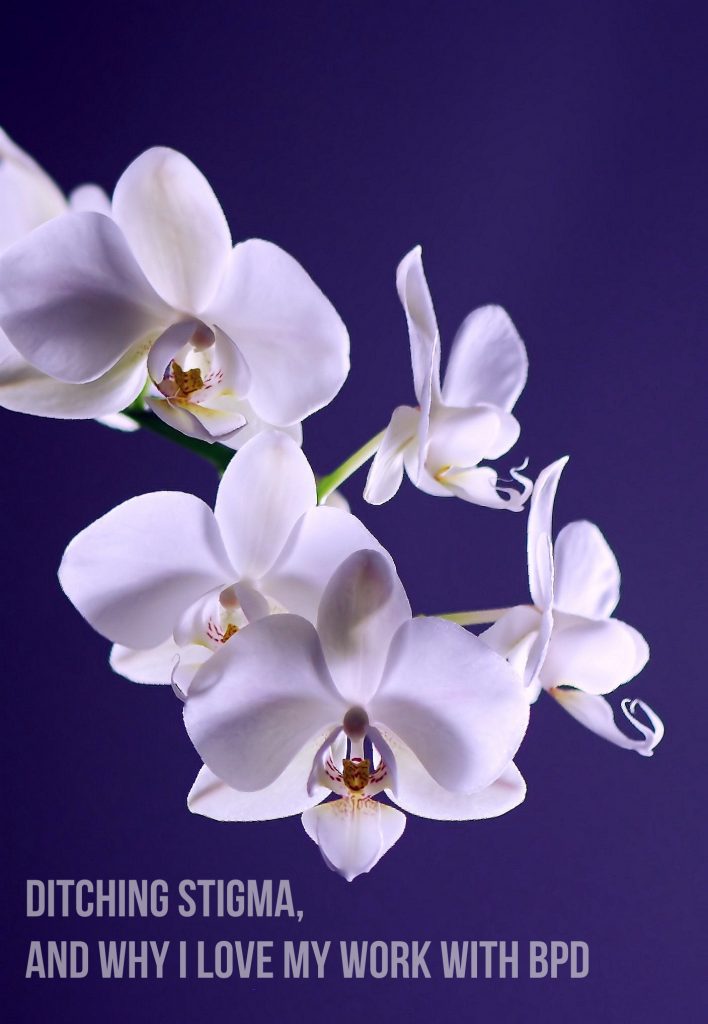
My clients with Borderline Personality Disorder (BPD) are complex and perceptive people who are vividly engaged with life. Those with BPD tend to experience their feelings more intensely than the average person, and the diagnosis is based on problems that arise from this intense emotional state. Clients who have started their path to healing have learned to recognize and harness their natural abilities, and are exceptionally empathetic, courageous, and loyal. Their innate sensitivity often translates to a deep understanding of the world around them. Research suggests that recovery from BPD is difficult, yet very possible (Biskin, Videler, Zanarini), further making these clients especially rewarding to work with.
Despite all these strengths, most people with BPD (diagnosed or not) have experienced some type of discrimination and often from mental health providers. This is shameful. The unfortunate reality is that BPD is one of the most misunderstood and negatively stereotyped of the major mental illnesses. I see examples of this too many times when interacting with other mental health professionals and even in my personal life, as I’ll describe below.
After a long battle with mental health issues, a close friend of mine sought the help she needed by contacting a local psychiatrist. With her permission I have pasted below a text I received from her, describing her experience when she asked the provider about possibly having BPD:
“He basically made it sound like people with BPD either feel like life and people are all good or all bad and they do crazy stuff like cut themselves or some other extreme, like if a boyfriend tries to break up with them they’ll blame the other person for it. Basically like “if you leave me, I’ll kill myself.” He said he hates getting patients with BPD. I was like damn, you probably think I’m psycho.”
If you have a mental illness and anyone has spoken to you in this way—I am here to tell you that it is not fair and not true, and if any reader would like to hear that opinion in more colorful language, contact me directly. This particular response was one of the more discouraging I have heard in my career, though many healthcare providers share the same misinformation. Sadly, she continues to see him, as he is one of the few providers in her area who takes Medicaid. (We need more access to quality mental health care! Please reach out to discuss how you can advocate).
Even so, I believe most providers would enjoy working with this population given the proper training to understand and help people with BPD. In fact, I have seen this firsthand. I was very lucky to be an intern, then employee, of a community mental health agency that offered what is now considered the “Gold Standard” in treatment for BPD treatment, Dialectical Behavioral Therapy. The other therapists I worked with were compassionate, attentive, and helpful; the difference is they were well educated and prepared. Specifically, my instructor—Becca Edwards-Powell—taught me how to appreciate my clients with BPD, which in turn hugely influenced me to become a better therapist for all of my clients.
For those clients with BPD: thank you for everything you teach us. For those who are seeking help for themselves or another: a therapist’s training makes all the difference. Keep looking, use your natural intuition, and ask questions. Please do not believe that the stigma attached to a diagnosis can take away your talent and potential.
Learn more about Kuniko Madden’s private practice.

